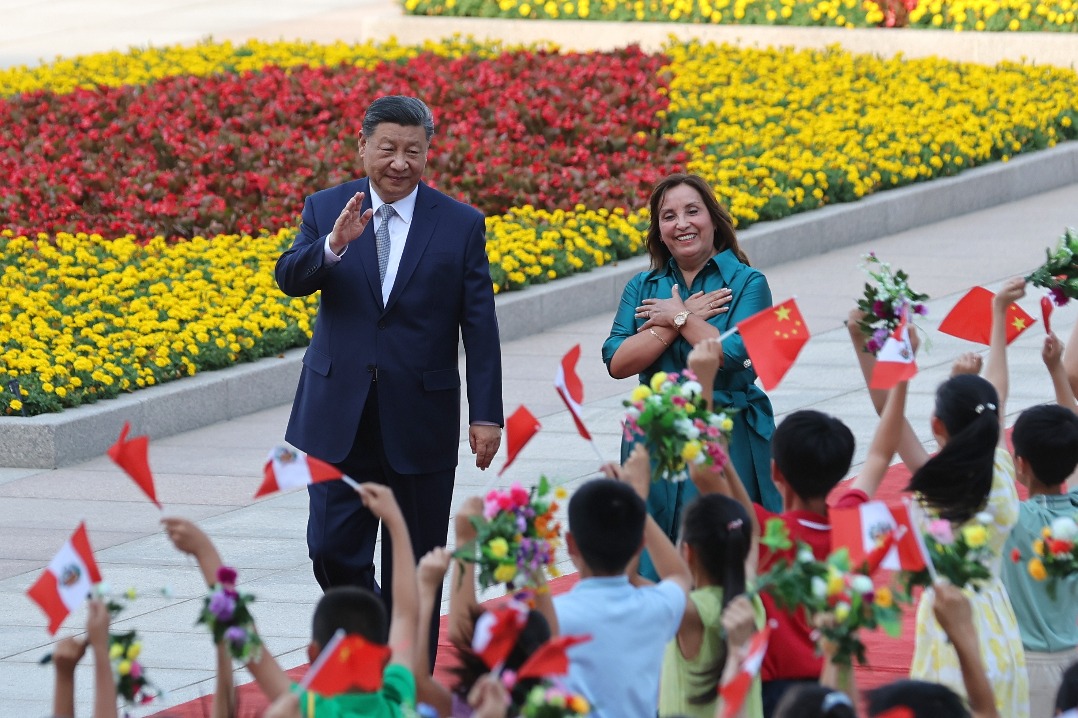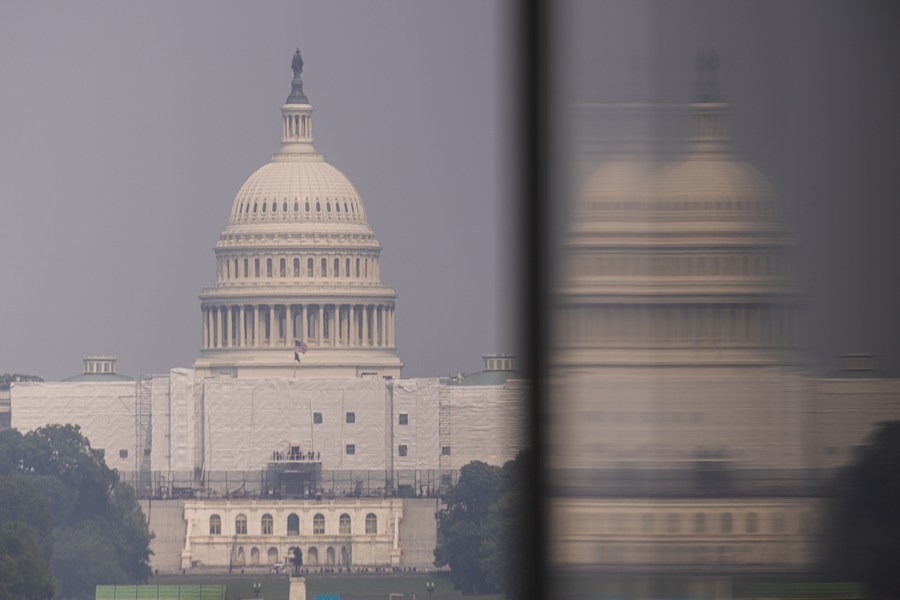New US rules seen as shunning China investment
By Zhao Huanxin in Washington | China Daily Global | Updated: 2019-06-07 23:07

New US legislation that tightens scrutiny of foreign investment has created a "much more hostile environment" for Chinese investors, and its definition of what is sensitive has increased uncertainties, two former senior officials said on Thursday at the launch of a report on China's outbound capital flows.
Driven by regulatory changes, Chinese foreign direct investment flows into North America and Europe dropped by $80 billion last year to $30 billion — a six-year low — with the US experiencing most of the downturn, according to Baker McKenzie's latest report, Chinese FDI: A New Reality.
It happened in a year that the Foreign Investment Risk Review Modernization Act, or FIRRMA, was introduced to greatly expand scope of investment reviews by the Committee on Foreign Investment in the United States (CFIUS), an interagency committee, by covering a wider range of transactions involving potentially sensitive sectors.
"New US investment screening rules are making life more difficult for Chinese investors," Rod Hunter, former senior director for International Economics of US National Security Council, said in the Baker McKenzie law firm report.
The report attributes the drastic contracting of China's FDI to the county's change in policy regarding outbound capital, as well as US's tighter foreign investment reviews.
In recent months, China has put restrictions in place to prevent irrational growth in outbound investment while encouraging its citizens to invest abroad, according to earlier media reports.
The Baker McKenzie report said the US's new investment screening legislation has created an "unpredictable context" for foreign investment. Meanwhile, hardening relations between the two powers are weighing on investor sentiment.
Speaking at a panel discussion at the Atlantic Council in Washington on Thursday, Hunter, now a partner at Baker McKenzie, said the part the US policy played in driving the change in China's FDI in the US is very important.
Talking about changes in FIRMMA, Hunter said there was export control reform legislation that requires the Commerce Department to determine what an "emerging technology" is and decide to license or not permit transfers to China.
"People focused on Huawei, but there was also an executive order, which creates the possibility for the administration to block US persons to use of Chinese technology in their own systems," he said.
"So what we're seeing is a much more hostile environment for not just Chinese investment, but also technological cooperation and transfers," Hunter said.
Asked what would be the "non-sensitive" sectors that are not or shouldn't be scrutinized by the CFIUS regime, Hunter said consumer goods, real estate and the things that don't involve technology or sensitive data are "less problematic".
Kurt Campbell, former assistant Secretary of State for East Asian and Pacific Affairs, said, "What's happening is that the definition of what is sensitive is broadening, broadening in ways that make it difficult for investors to predict."
It not only involves necessarily Chinese businesses, but also other investments, Campbell said. He gave an example of the fate of an Australian company that tried to purchase a major stake in a potash investment in the US a few years ago.
"Potash is important, but we don't think of it as a strategic resource — you don't go to the bunker for, but it was reviewed within the CFIUS framework and rejected, because potash is 'so important in certain arenas'," he told the packed audience.
"You have agencies inside the US government playing their traditional roles, suspicious of everything, others much more freewheeling. I think over time, the tendency is to err on the side of caution or to reject," he said.
If companies have to wait for long and will be subject to the public scrutiny that increasingly comes with serious delineation, "a lot of times those companies, those investment committees are going to say no," Campbell said.
There are all kinds of questions being generated by new US regulations on export controls, and CFIUS, and the use of the "Entity List" against Huawei and other companies, said Ana Swanson, a New York Times correspondent, a panelist at the discussion.
"They can potentially make it look perhaps more questionable to invest in technology in the United States," she said.
























